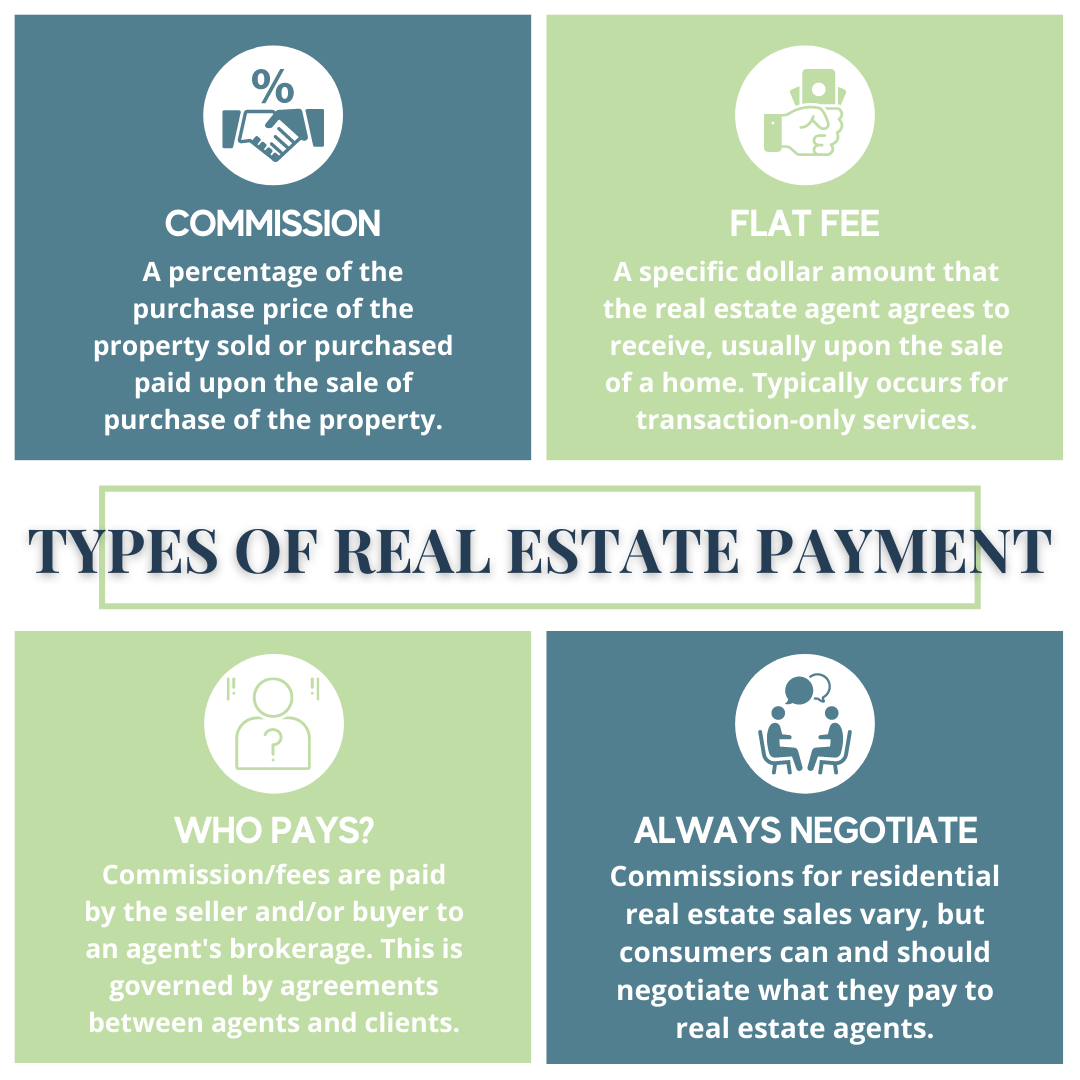
It is a common question that first-time homebuyers and sellers are faced with: How long should you stay in your house before selling? The answer will depend on many factors, such as the amount of equity you have and the market. It also depends on closing costs.
How long does it take to own a house before you sell?
If you purchase a home, it is an investment of your hard-earned capital in a property that will become your main residence for a specified period. You want to earn equity, which is the return you expect from your investment. When you sell your home, you will also make a profit.
According to National Association of Realtors. Homeowners tend to stay in their homes for around 10 years before moving on. This is an acceptable amount of time to remain in your house before you decide to move on.
Unexpected life events can make this difficult to adhere to. These can be changes in your job, family emergencies, or just a desire to downsize.

An emotional and stressful decision like buying a new house can impact your financial situation, lifestyle, and even health. Before you make any final decisions, it's important that you consider all aspects.
How long you can stay in your house before it is sold?
A variety of fees and expenses will be required when you are selling your house. These fees are called closing costs and can amount to as much as 5-6% of the sale price. Additionally, capital gains tax may be required if your house is being sold after more than two year.
These fees are costly and can negatively impact your profits. You should also take into account the cost of a home inspection and other pre-sale preparations, such as painting and landscaping.
How long do you have to wait before you sell your house?
It is best to hold off on selling your house until you are ready to move. This can help you save money on closing costs, capital gains taxes, and mortgage prepayment penalties.
It's best to consult with a tax professional before deciding on whether you should sell your home or not. This will ensure you are making the right financial decisions for your circumstances.

How Long Can You Live in Your Condo Before Selling?
You probably know this if you are a homeowner. If your mortgage term ends before your property is sold, you will likely pay more interest than what you make from the sale. This is because your first few years' mortgage payments will be based on the interest rate rather than the principal. Many people recommend waiting to sell your house until you've owned it for at most five years.
You may have to sell your home sooner than you anticipated due to certain circumstances. These situations could include an unexpected job move, a family crisis or simply a desire for downsizing.
FAQ
How do you calculate your interest rate?
Market conditions impact the rates of interest. In the last week, the average interest rate was 4.39%. Divide the length of your loan by the interest rates to calculate your interest rate. If you finance $200,000 for 20 years at 5% annually, your interest rate would be 0.05 x 20 1.1%. This equals ten basis point.
How much will it cost to replace windows
Window replacement costs range from $1,500 to $3,000 per window. The total cost of replacing all your windows is dependent on the type, size, and brand of windows that you choose.
Should I rent or purchase a condo?
If you plan to stay in your condo for only a short period of time, renting might be a good option. Renting allows you to avoid paying maintenance fees and other monthly charges. You can also buy a condo to own the unit. You are free to make use of the space as you wish.
Statistics
- The FHA sets its desirable debt-to-income ratio at 43%. (fortunebuilders.com)
- This means that all of your housing-related expenses each month do not exceed 43% of your monthly income. (fortunebuilders.com)
- Private mortgage insurance may be required for conventional loans when the borrower puts less than 20% down.4 FHA loans are mortgage loans issued by private lenders and backed by the federal government. (investopedia.com)
- Over the past year, mortgage rates have hovered between 3.9 and 4.5 percent—a less significant increase. (fortunebuilders.com)
- This seems to be a more popular trend as the U.S. Census Bureau reports the homeownership rate was around 65% last year. (fortunebuilders.com)
External Links
How To
How to manage a rental property
While renting your home can make you extra money, there are many things that you should think about before making the decision. We'll show you what to consider when deciding whether to rent your home and give you tips on managing a rental property.
Here are the basics to help you start thinking about renting out a home.
-
What factors should I first consider? You need to assess your finances before renting out your home. If you are in debt, such as mortgage or credit card payments, it may be difficult to pay another person to live in your home while on vacation. Your budget should be reviewed - you may not have enough money to cover your monthly expenses like rent, utilities, insurance, and so on. It might not be worth the effort.
-
How much is it to rent my home? There are many factors that go into the calculation of how much you can charge to let your home. These factors include location, size, condition, features, season, and so forth. You should remember that prices are subject to change depending on where they live. Therefore, you won't get the same rate for every place. Rightmove estimates that the market average for renting a 1-bedroom flat in London costs around PS1,400 per monthly. If you were to rent your entire house, this would mean that you would earn approximately PS2,800 per year. That's not bad, but if you only wanted to let part of your home, you could probably earn significantly less.
-
Is it worth the risk? It's always risky to try something new. But if it gives you extra income, why not? Be sure to fully understand what you are signing before you sign anything. Not only will you be spending more time away than your family, but you will also have to maintain the property, pay for repairs and keep it clean. You should make sure that you have thoroughly considered all aspects before you sign on!
-
Are there benefits? You now know the costs of renting out your house and feel confident in its value. Now, think about the benefits. Renting your home is a great way to get out of the grind and enjoy some peace from your day. You will likely find it more enjoyable than working every day. If you plan well, renting could become a full-time occupation.
-
How do you find tenants? Once you decide that you want to rent out your property, it is important to properly market it. Listing your property online through websites like Rightmove or Zoopla is a good place to start. After potential tenants have contacted you, arrange an interview. This will enable you to evaluate their suitability and verify that they are financially stable enough for you to rent your home.
-
What are the best ways to ensure that I am protected? You should make sure your home is fully insured against theft, fire, and damage. You will need to insure the home through your landlord, or directly with an insurer. Your landlord will often require you to add them to your policy as an additional insured. This means that they'll pay for damages to your property while you're not there. If your landlord is not registered with UK insurers, or you are living abroad, this policy doesn't apply. In such cases you will need a registration with an international insurance.
-
If you work outside of your home, it might seem like you don't have enough money to spend hours looking for tenants. It's important to advertise your property with the best possible attitude. Post ads online and create a professional-looking site. Also, you will need to complete an application form and provide references. Some people prefer to do the job themselves. Others prefer to hire agents that can help. In either case, be prepared to answer any questions that may arise during interviews.
-
What should I do after I have found my tenant? You will need to notify your tenant about any changes you make, such as changing moving dates, if you have a lease. Otherwise, you can negotiate the length of stay, deposit, and other details. It's important to remember that while you may get paid once the tenancy is complete, you still need to pay for things like utilities, so don't forget to factor this into your budget.
-
How do you collect the rent? When the time comes for you to collect the rent you need to make sure that your tenant has been paying their rent. If your tenant has not paid, you will need to remind them. Before you send them a final invoice, you can deduct any outstanding rent payments. You can always call the police to help you locate your tenant if you have difficulty getting in touch with them. They won't normally evict someone unless there's been a breach of contract, but they can issue a warrant if necessary.
-
What are the best ways to avoid problems? You can rent your home out for a good income, but you need to ensure that you are safe. You should install smoke alarms and carbon Monoxide detectors. Security cameras are also a good idea. It is important to check that your neighbors allow you leave your property unlocked at nights and that you have sufficient insurance. You should not allow strangers to enter your home, even if they claim they are moving in next door.